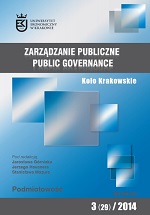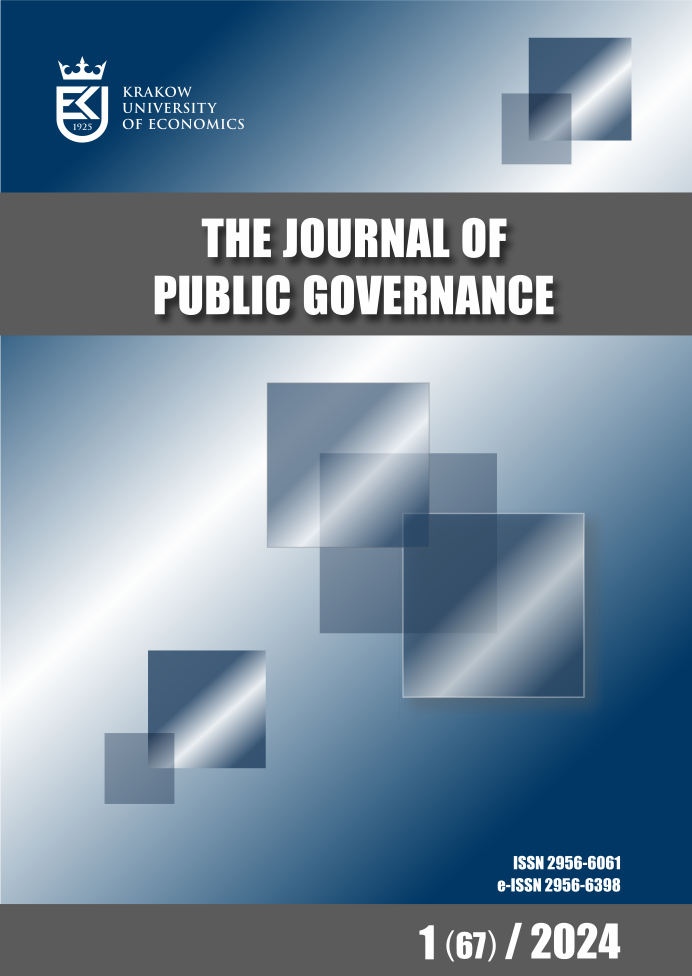Subjectivity and structure. Some remarks on the concept of subjectivity, critical realism, achievement motivation, and arguments for methodological individuality as the “last instance”
Keywords:
subjectivity, agency, methodological individualism, critical realism, social structures, achievement motivationAbstract
The main concern of the essay is the concept of subjectivity in the context of its relation to the social structure in the process of social becoming. The paper argues that, if we accept the analytical dualism of subjectivity and structure, “the last instance”, both ontological and epistemological, are the actors – persons/subjects – equipped with reason and free will, endowed with individual identity built on their refl ections concerning their experience of life. Subjectivity is considered in both the subjective and the objective approach, the legitimacy of ascribing the status of subjectivity or agency to collectivities is also analyzed. Since we assume that the natural and the social world really exists, we also accept the view of methodological individualism “in the last instance”, as it is supported by the analysis of subjectivity.
The view does not question the real existence of the social structures and mechanisms, namely their independence from individual capability to perceive them or to reflect on their qualities. The real existence of social structures does not, however, mean that they are independent from individual actors, i.e. that they can exist, last or change without the involvement of people. Th e essay also presents significant relations between subjectivity/agency and achievement motivation, and therefore, also the issue of entrepreneurship, which opens new research perspectives.



